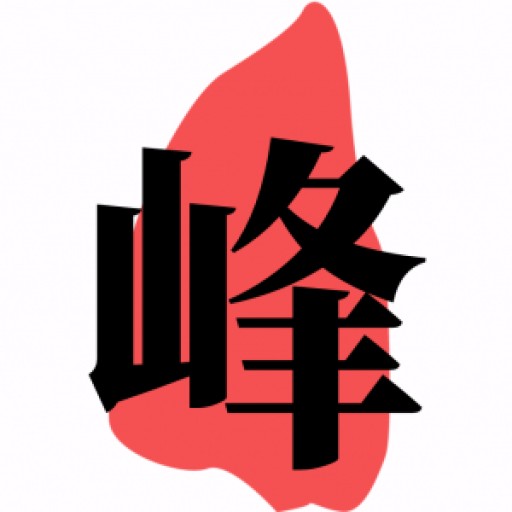小年,是传统文化中的一项重要节日。因地域风俗差异,各处的具体日期有所不同,如官家为腊月二十三,百姓家则是腊月二十四,水上人家则为腊月二十五。在北方,人们通常在腊月二十三庆祝小年,而南方则是在腊月二十四。
对于国外友人讲解这个文化点时,翻译的用语需得当。以下是对“小年”的英文介绍。
Small New Year Festival
【Off Year Festival】 - This translation, taken from the "Han-Yi Great Dictionary", is the most commonly used, but it's somewhat misleading as "off year" in English denotes a year with poor crop yields, either for fruit trees or bamboo. The translation of "off year" sim does not align with the actual practices and customs of the Chinese Lunar New Year's Eve celebrations.
【A Lunar Month with 29 Days】 - This interpretation, found in the "Shanghai Translation Han-Yi Great Dictionary", refers to the lunar month where there are 29 days instead of the usual 30, which is also a reference to the year ending without a 30th day. This is similar to an explanation provided in the "Foreign Language and Research Press English-Chinese/Chinese-English Dictionary".
【Festival on the 23rd or 24th of the 12th Month, when Rituals are Offered to the Kitchen God】 - This means that on the 23rd or 24th day of the twelfth month of the lunar year, people traditionally offer sacrifices to the kitchen god during the festival.
【xiǎo nián】 - This is a phonetic translation of the Chinese term.
The official media often uses Little New Year or Minor New Year to describe this festival. Among them, Little New Year is a more commonly used term.
Besides understanding the name of this festival, it's also important to know about its customs.
Sweeping, Couplets Writing, and Paper-cut, are all essential activities during this time. Each with its own unique significance and practice.
The Kitchen God: A unique tradition is the "Kitchen God Worship". This involves burning old images of the Kitchen God and sending him to report on the family's deeds over the past year. On New Year's eve, a new image is pasted beside the stove to welcome him back. This practice symbolizes the Kitchen God's continued protection for the family in the new year.
Write Spring Festival Couplets: Families begin writing and pasting spring festival couplets, which are made up of an upper scroll, a lower scroll, and a top scroll. The left scroll is typically pasted on the left side of the gate, while the right scroll goes on the right. The top scroll, often with a festive message, is positioned at the top.
Bathing and Haircut: A popular belief among Chinese people is that taking a bath and haircut before the new year can sweep away bad luck and bring good luck in the coming year.
Dusting: After worshipping the kitchen god, people thoroughly clean their houses to remove all traces of bad luck and prepare for the new year. This tradition signifies letting go of old things and embracing a new life.
Making Tofu and Paste Window Paper: While paste window paper may seem outdated in some areas, cleaning windows takes its place. Tofu is a food homophonic with good wishes for a prosperous new year.
Shopping for Supplies and Going to Markets: People also begin purchasing necessary supplies for the new year and also visit markets for a pre-new year feel. The excitement and lively atmosphere build up as they prepare for this significant festival.

